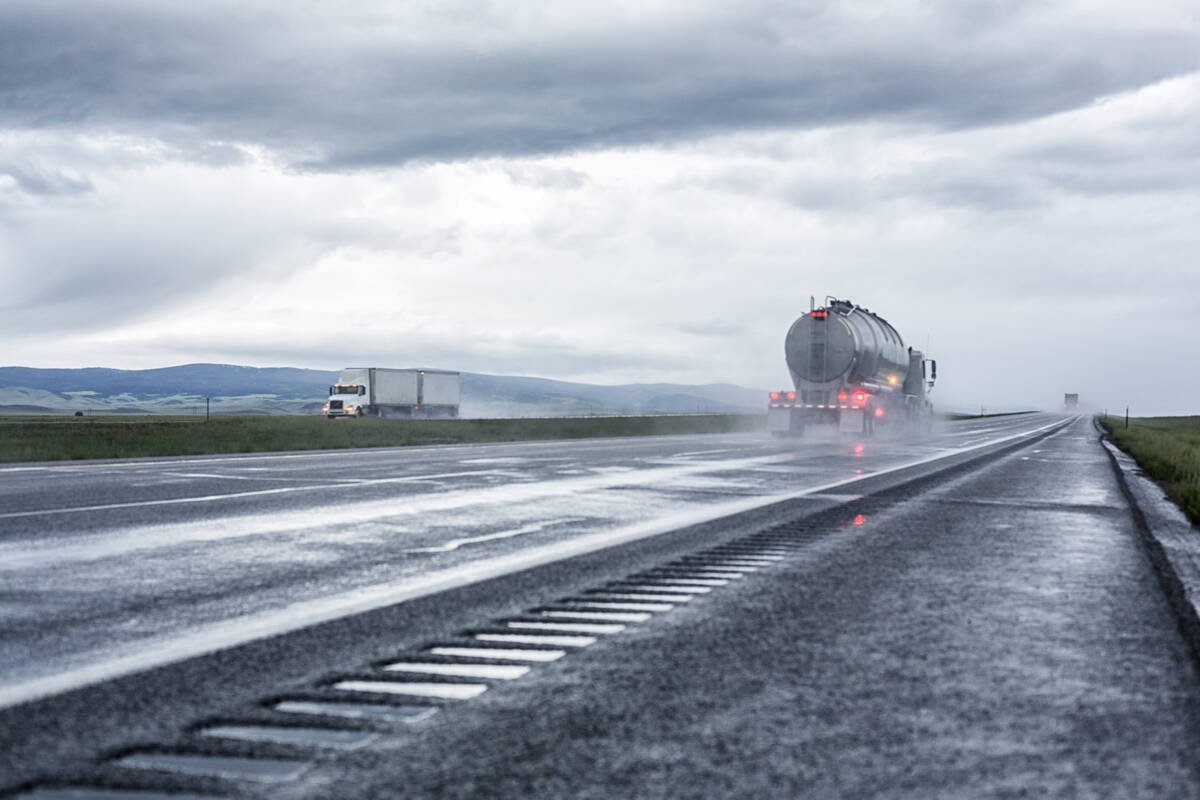Manitoba’s Made-in-Manitoba flat $25 a tonne carbon tax will not rise to $50 a tonne as called for under the federal government’s plan.
The proposal also exempts farm fuel, as reported last night by the Manitoba Co-operator.
- Read more: Farm fuel to be exempt from Manitoba carbon tax
- Read more: Legal opinion backs Pallister’s approach to carbon pricing
The tax will only apply to Brandon’s Koch Fertilizer plant, Manitoba’s single largest greenhouse gas emitter, if it fails to meet emission reductions considered to be in keeping with best practices for such plants to be established later.
Details of the province’s Climate and Green Plan, designed to reduce Manitoba’s carbon emissions, were released by Premier Brian Pallister and Sustainable Development Minister Rochelle Squires here Friday morning.
In addition, agricultural emissions will not be targeted for direct sector reductions via the carbon tax or other aspects of the plan.
“Farms and farmers grow the food we eat,” the plan says. “They are ‘price takers’ in the domestic and global economies giving them little room to manage rising costs such as fuel. We must take this into account when devising any carbon pricing plan.
“Farm operations will be exempt from the application of the carbon levy for fuel use for their farming operations,” the plan also says. “Marked fuels will not increase due to any carbon pricing being applied on diesel or gasoline at the wholesale, distribution, or pump levels.”
Read Also

Province pledges funds to CentrePort Canada
The Manitoba government has pledged $450,000 towards projects at inland port CentrePort Canada.
According to the plan over the next five years the average Manitoba household will save an estimated $240 under the Made-in-Manitoba plan compared to the federal plan. In 2022 alone, those savings will be worth $240 per household when the province will have the second-lowest carbon price in Canada, at half the federal rate.
In total, Manitoba taxpayers and businesses would pay about $260 million less in carbon taxes under the Made-in-Manitoba plan compared to the federal plan.
During a technical briefing Manitoba government officials said Manitoba’s plan will result in lower carbon emissions and cost less money than Ottawa’s plan.
The province is now seeking the public’s views on the proposed plan. There’s an online survey called “Climate and Green Plan” on the Province of Manitoba website that will gauge citizen response to the proposal as well as options on how revenue from the program should be “recycled.”


















